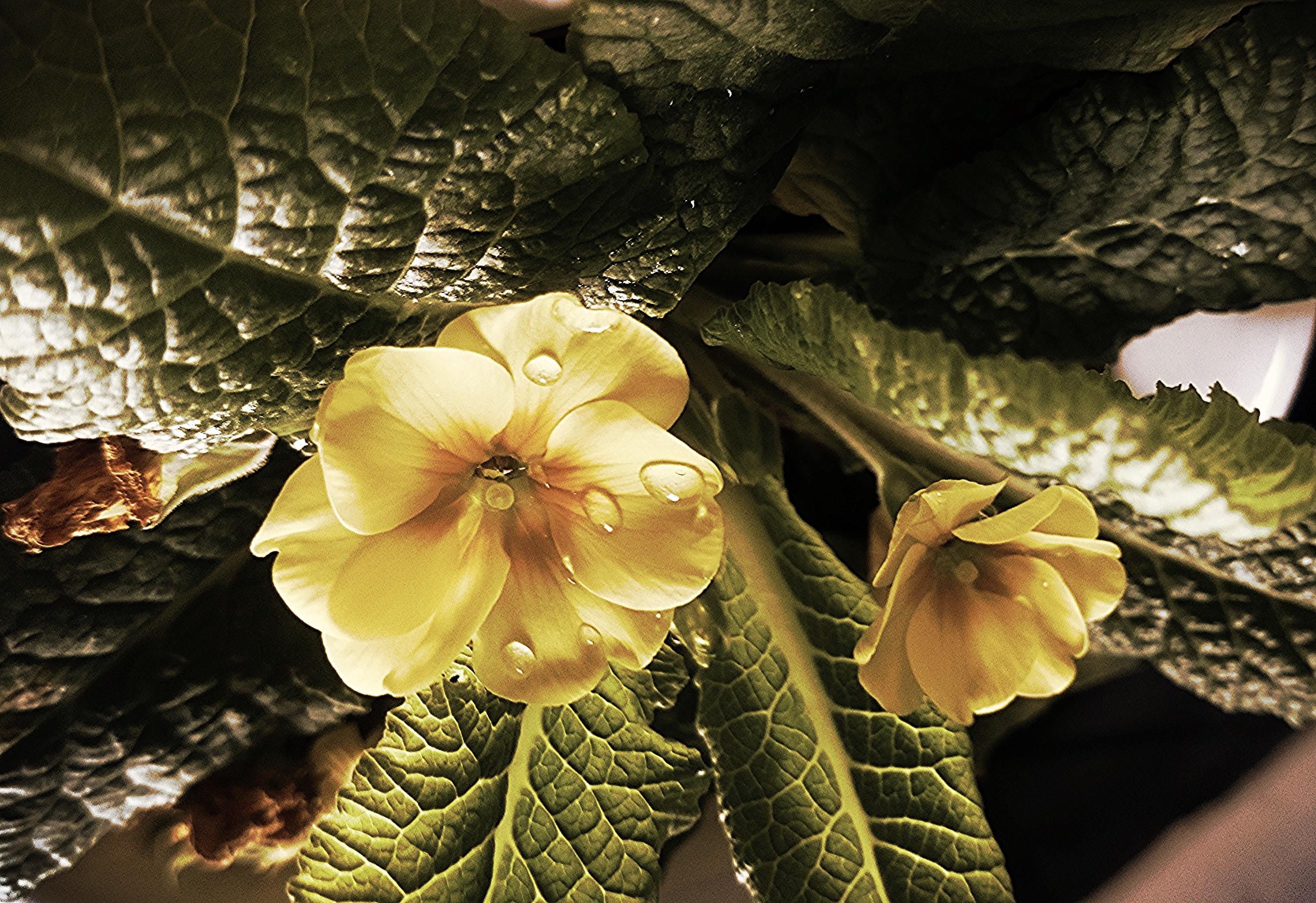In today’s fast-paced world, anxiety and stress have become common companions for many of us, often manifesting in ways that can feel overwhelming and challenging to manage. While medical interventions and therapies are essential for some, many people find solace and relief in natural remedies that complement traditional treatments. These remedies not only aim to alleviate symptoms but also promote overall well-being and resilience. In this article, we will explore a variety of natural approaches to soothing anxiety and stress, offering gentle yet effective strategies that can be easily integrated into your daily routine. Whether you’re seeking to enhance your mental health toolkit or are curious about holistic alternatives, our guide is here to support you with empathy and understanding as you navigate your journey towards a calmer, more balanced life.
Understanding the Roots of Anxiety and Stress
At the heart of anxiety and stress lie a complex web of triggers and responses. Recognizing these roots can be empowering, enabling you to address them effectively. Common origins include environmental factors, lifestyle choices, and even genetic predispositions. For many, the relentless pace of modern life, coupled with constant connectivity, exacerbates feelings of overwhelm. Understanding these elements is crucial in tailoring a holistic approach to manage them.
Consider these key factors that often contribute to anxiety and stress:
- Environmental Triggers: Noise pollution, overcrowding, and high-pressure work environments can heighten stress levels.
- Lifestyle Habits: Poor diet, lack of exercise, and insufficient sleep can disrupt the body’s natural balance, leading to increased anxiety.
- Psychological Influences: Past trauma, negative thinking patterns, and low self-esteem can deeply impact one’s mental health.
Here’s a simple table to help you identify potential stressors and their common symptoms:
| Potential Stressor | Common Symptoms |
|---|---|
| Work Overload | Fatigue, irritability, lack of concentration |
| Relationship Issues | Anxiety, depression, emotional withdrawal |
| Financial Concerns | Insomnia, headaches, muscle tension |

Herbal Allies for Calming the Mind
In the realm of natural remedies, certain herbs have long been cherished for their ability to ease the mind and soothe the soul. These botanical companions, often referred to as herbal allies, offer gentle yet effective support for managing anxiety and stress. By incorporating these herbs into your daily routine, you can cultivate a sense of calm and balance.
- Chamomile: Known for its delicate flowers and soothing properties, chamomile can be consumed as a tea or taken in supplement form. It is renowned for promoting relaxation and aiding in restful sleep.
- Lemon Balm: With its refreshing citrus scent, lemon balm acts as a gentle mood enhancer. It can be enjoyed as a tea or used in aromatherapy to help lift the spirits and calm an anxious mind.
- Passionflower: Often used as a natural sedative, passionflower helps reduce anxiety and improve sleep quality. It can be taken as a tincture or capsule to gently ease nervous tension.
| Herb | Benefits | Usage |
|---|---|---|
| Chamomile | Promotes relaxation, aids sleep | Tea, supplement |
| Lemon Balm | Mood enhancer, calms mind | Tea, aromatherapy |
| Passionflower | Reduces anxiety, improves sleep | Tincture, capsule |

Mindfulness Practices for Everyday Peace
Integrating mindfulness practices into your daily routine can be a gentle yet powerful way to nurture peace and alleviate stress. By focusing on the present moment, these practices help quiet the mind and cultivate a sense of calm. Here are a few simple techniques to help you get started:
- Breathing Exercises: Spend a few minutes each day focusing on your breath. Inhale deeply through your nose, hold for a moment, and then exhale slowly through your mouth. This practice can anchor your thoughts and ease anxiety.
- Body Scan Meditation: Lie down comfortably and slowly bring your attention to each part of your body, starting from your toes and moving up to the top of your head. Notice any sensations or tension, and consciously relax those areas.
- Mindful Walking: Take a walk in nature, paying attention to the sensation of your feet touching the ground, the rhythm of your steps, and the sounds around you. This can be a grounding exercise that promotes tranquility.
Incorporating these practices into your daily life can significantly enhance your emotional well-being. Consider setting aside a dedicated time each day to engage in these activities, gradually increasing the duration as you become more comfortable. Below is a simple schedule to help integrate mindfulness into your routine:
| Time | Activity |
|---|---|
| Morning | 5-minute Breathing Exercise |
| Midday | 10-minute Mindful Walking |
| Evening | 15-minute Body Scan Meditation |

Creating a Personalized Self-Care Routine
Finding balance amidst the chaos of daily life can feel overwhelming, but creating a self-care routine tailored to your unique needs can provide a sanctuary of calm. Begin by exploring natural remedies that resonate with your lifestyle and preferences.
- Aromatherapy: Essential oils like lavender, chamomile, and bergamot are known for their calming properties. Add a few drops to a diffuser, or mix with a carrier oil for a soothing massage.
- Herbal Teas: Sip on chamomile or passionflower tea to unwind in the evenings. These herbs are renowned for their gentle calming effects, making them perfect for a bedtime ritual.
- Mindful Breathing: Incorporate breathing exercises into your daily routine. Focused, deep breaths can help ground you and alleviate stress in moments of tension.
| Remedy | Benefit |
|---|---|
| Lavender Essential Oil | Reduces anxiety and promotes relaxation |
| Chamomile Tea | Soothes nerves and aids sleep |
| Mindful Breathing | Enhances focus and reduces stress |
Remember, self-care is deeply personal. Experiment with different practices to discover what best supports your emotional and mental well-being. Stay patient and compassionate with yourself as you build a routine that nurtures your spirit.








































